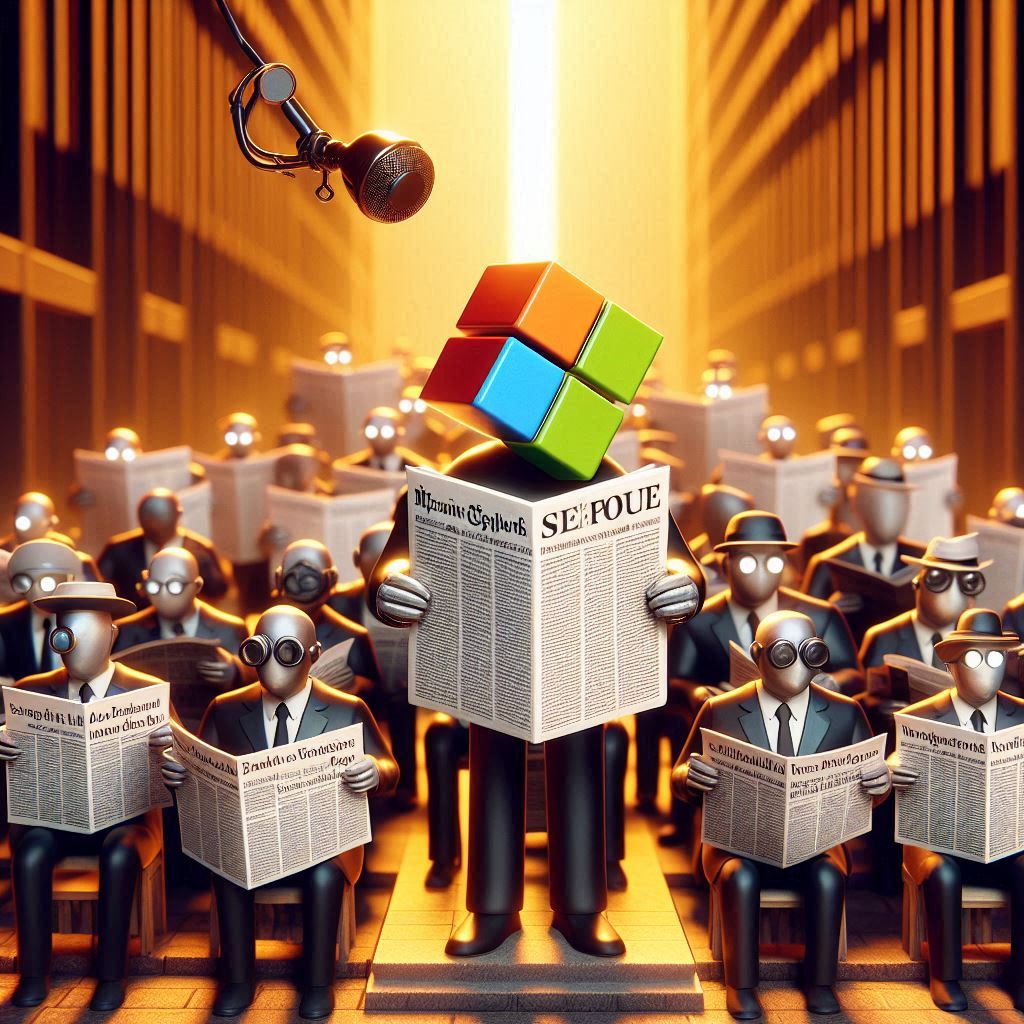
A group of newspapers, including the Chicago Tribune and the New York Daily News, has filed a lawsuit against OpenAI and Microsoft in the Southern District of New York, alleging that their AI models, such as ChatGPT and Microsoft Copilot, were trained on copyrighted articles without permission. The lawsuit characterizes this action as "theft" of journalistic content.
The newspapers, owned by Alden Global Capital, are seeking a jury trial and demanding a ruling that deems OpenAI and Microsoft's actions unlawful. They are also pursuing compensatory damages and a share of the profits generated from the alleged use of their content.
The lawsuit argues that AI systems like ChatGPT and Microsoft Copilot pose a threat to local newspapers by exploiting their content without compensation, potentially undermining their core businesses.
The lawsuit includes examples of AI-generated outputs allegedly containing verbatim excerpts of the newspapers' content. It further claims that ChatGPT and Microsoft Copilot falsely attribute inaccurate reporting to the newspapers, damaging their reputations and spreading misinformation.
The newspapers are represented by Rothwell, Figg, Ernst & Manbeck, one of two law firms involved in another copyright infringement case against OpenAI brought by the New York Times. OpenAI denied wrongdoing in the previous dispute, alleging that the newspaper manipulated ChatGPT into generating copyrighted content to support its lawsuit.
OpenAI has denied any wrongdoing and stated that access to copyrighted material is necessary for developing large language models. However, the company has initiated partnerships with publishers like the Associated Press and Axel Springer to address potential legal concerns in future projects.